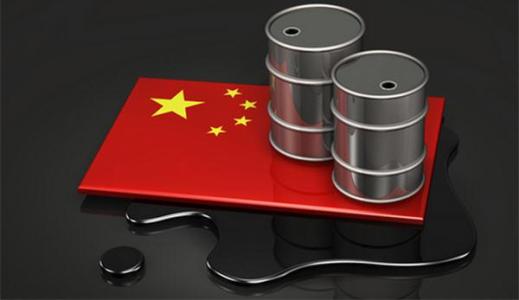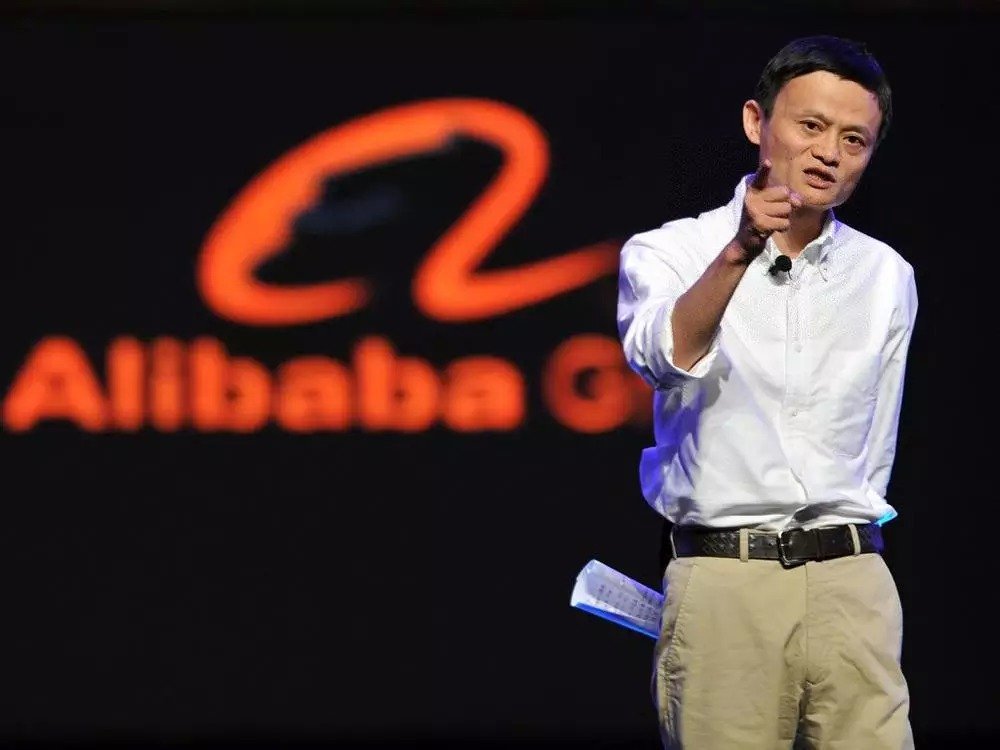Alibaba’s co-founder and executive chairman, Jack Ma, said he planned to step down from the Chinese e-commerce giant on Monday to pursue philanthropy in education, a changing of the guard for the $420 billion internet company.
, Mr. Ma started Alibaba in 1999 and built it into one of the world’s most consequential e-commerce and digital payments companies, transforming how Chinese people shop and pay for things. That fueled his net worth to more than $40 billion, making him China’s richest man. He is revered by many Chinese, some of whom have put his portrait in their homes to worship in the same way that they worship the God of Wealth.
Mr. Ma is retiring as China’s business environment has soured, with Beijing and state-owned enterprises increasingly playing more interventionist roles with companies. Under President Xi Jinping, China’s internet industry has grown and become more important, prompting the government to tighten its leash. The Chinese economy is also facing slowing growth and increasing debt, and the country is embroiled in an
.
“He’s a symbol of the health of China’s private sector and how high they can fly whether he likes it or not,” Duncan Clark, author of the book “Alibaba: The House Jack Ma Built,” said of Mr. Ma. “His retirement will be interpreted as frustration or concern whether he likes it or not.”
In an interview, Mr. Ma said his retirement is not the end of an era but “the beginning of an era.” He said he would be spending more of his time and fortune focused on education. “I love education,” he said.
Mr. Ma will remain on Alibaba’s board of directors and continue to mentor the company’s management. Mr. Ma turns 54 on Monday, which is also a holiday in China known as Teacher’s Day.
The retirement makes Mr. Ma one of the first founders among a generation of prominent Chinese internet entrepreneurs to step down from their companies. Firms including Alibaba, Tencent, Baidu and JD.com have flourished in recent years, growing to nearly rival American internet behemoths like Amazon and Google in their size, scope and ambition. For Chinese tycoons to step aside in their 50s is rare; they usually remain at the top of their organizations for many years.
The departure of Mr. Ma is likely to jolt China’s internet industry, which has been reeling from the
, the billionaire founder of the online retailer JD.com. Mr. Liu, who goes by Richard Liu in the English-speaking world, was arrested on a rape allegation in Minneapolis during a business trip. He was released and has since returned to Beijing, where JD.com is based.
For Alibaba, Mr. Ma’s retirement completes a transition of power to other executives. Mr. Ma stepped down as Alibaba’s chief executive in 2013; the company’s current
, who is a candidate to succeed Mr. Ma. Yet Mr. Ma had remained active as the face of the e-commerce firm, as well as an architect of its long-term strategy. He owns
of Alibaba, according to securities filings, but has considerably more sway over the company thanks to its complicated legal structure.
Mr. Ma, a natural salesman and charismatic leader, co-founded Alibaba with 17 others — some of them his students — out of his apartment in Hangzhou in eastern Zhejiang province in 1999.
Alibaba started as an online marketplace for businesses to sell their products to other businesses. But it did not take off until it began the Taobao marketplace in 2003, which merchants used to sell goods directly to consumers. Alibaba later rolled out Alipay, an online payment service, to facilitate transactions in a country where few people had credit cards. Alipay later became Ant Financial, the financial subsidiary that Mr. Ma also controls.
Today, Alibaba’s empire encompasses e-commerce, online banking, cloud computing, digital media and entertainment — and even a corporate messaging service similar to Slack. The company owns or holds stakes in some of China’s most important media assets, including the Twitter-like social media site Weibo and the Hong Kong-based English-language newspaper The South China Morning Post.
Among China’s biggest companies, Alibaba is viewed as one of the firms with the deepest ranks of management talent. Many of the co-founders are still around, and professionals who joined the company later are now in charge.
Last month, Alibaba
in quarterly sales, even as profits fell. The company’s annual revenue totals about 250 billion yuan, or $40 billion.
While Alibaba has become dominant in China, it has faced a tougher time expanding internationally. The company has increased its presence outside of China by investing in e-commerce and online finance companies in India and Southeast Asia. But its efforts to muscle into the United States largely have not been successful.
Even after
in early 2017 and promised to bring one million jobs to the United States, the federal government rejected Ant Financial’s bid to
this year over national security concerns.
As Beijing has increased its involvement in the private sector, Mr. Ma has shifted what he has said about China’s government. He used to say that businesses should be in love with the government but never get married to each other, indicating that an arms-length relationship was preferred.
At a conference last November, Mr. Ma was more positive. “There’s no country like China in the world,” he said. “With political stability, social safety and 6 percent-plus economic growth, we have the best business environment.”
As Alibaba has flourished, Mr. Ma has talked many times about how he did not want to spend his whole life at the company, saying he would retire one day and go back to teaching.
In 2014, he created the Jack Ma Foundation, which has worked to improve education in rural China. Mr. Ma’s Weibo social media handle is “spokesman for village teachers — Jack Ma.” Within Alibaba, he is known and referred to as “Teacher Ma.”
In an
, Mr. Ma signaled he was thinking about focusing more on philanthropy. He cited the Microsoft co-founder and philanthropist Bill Gates as an example.
Mr. Ma said he could never be as rich as Mr. Gates — but that he could retire earlier than Mr. Gates. Mr. Gates
in 2014, at the age of 58.


